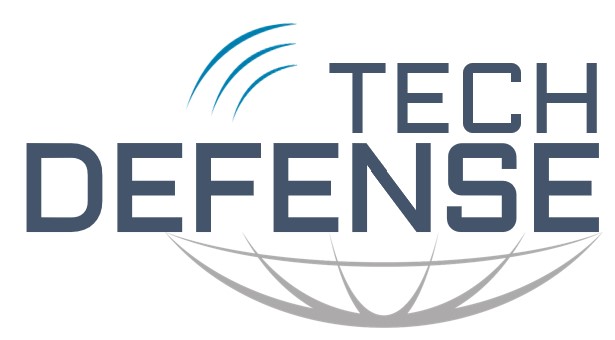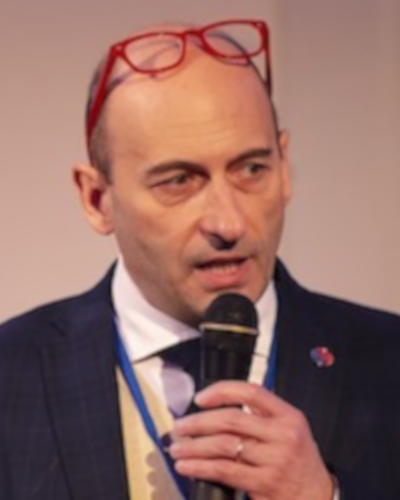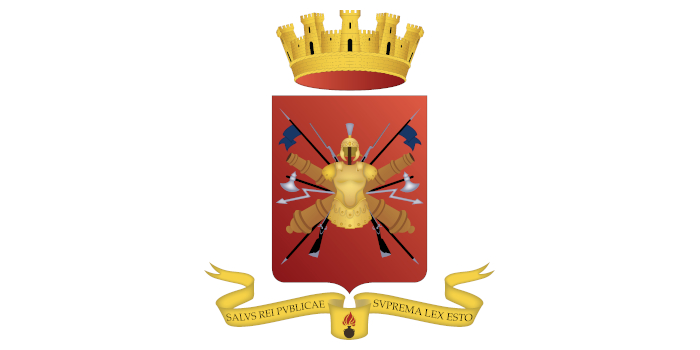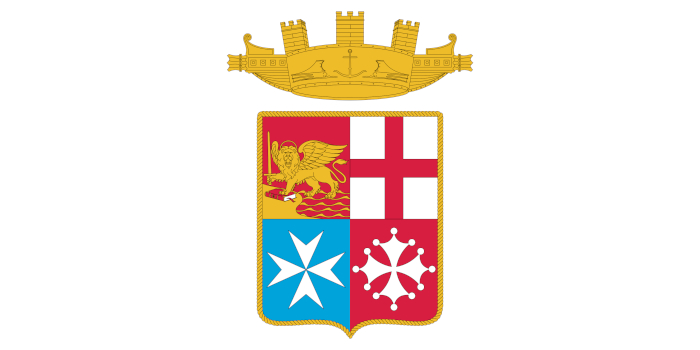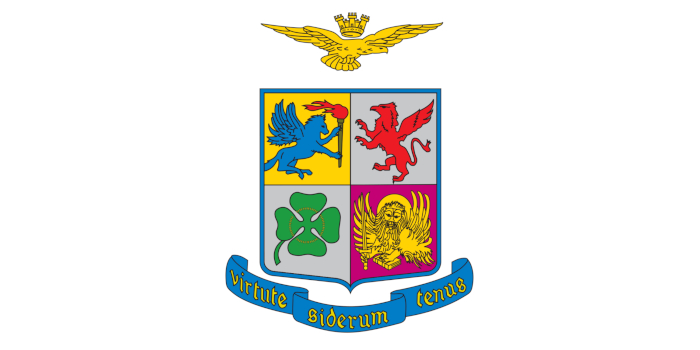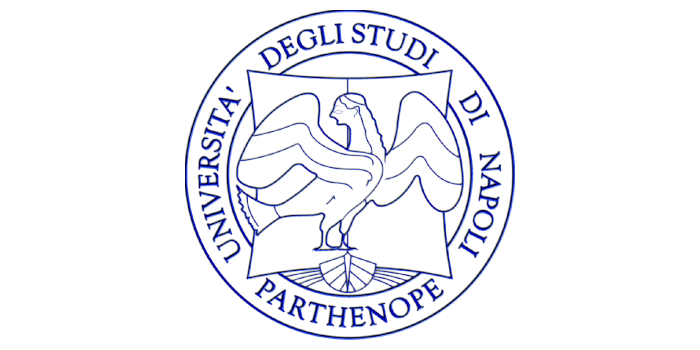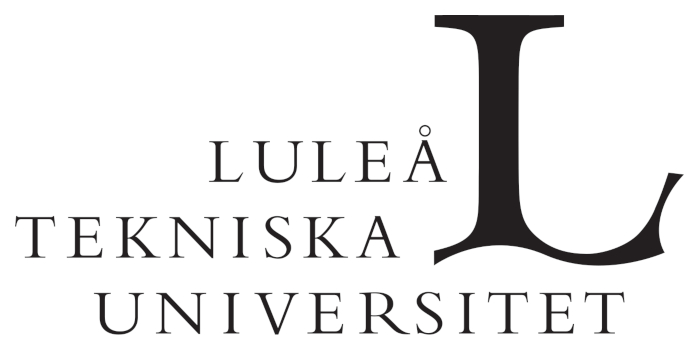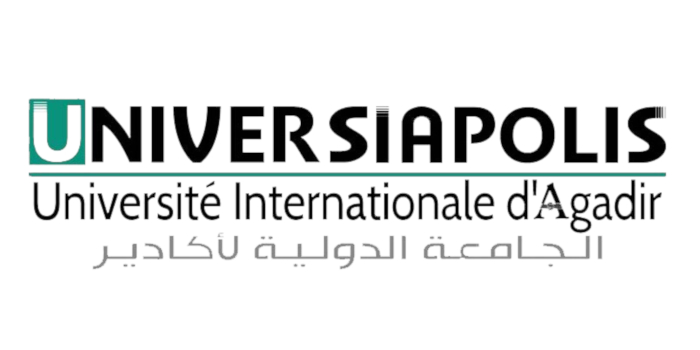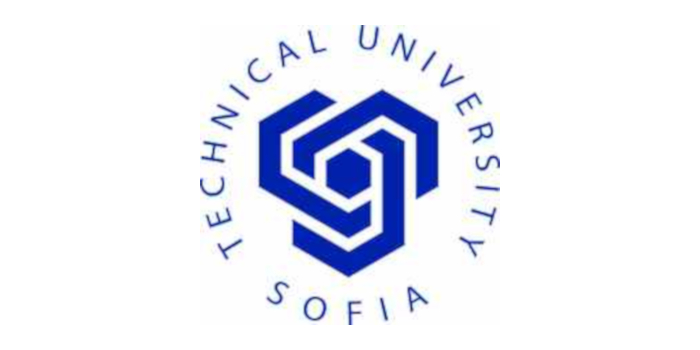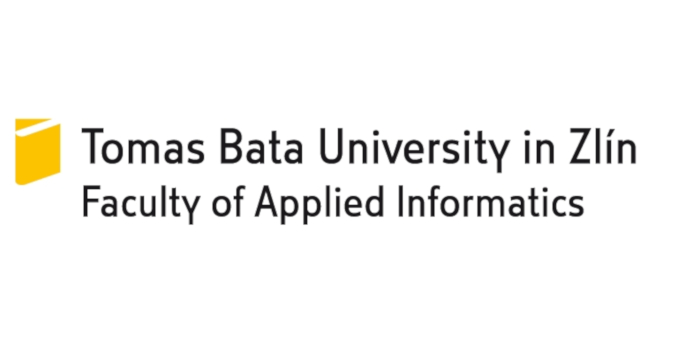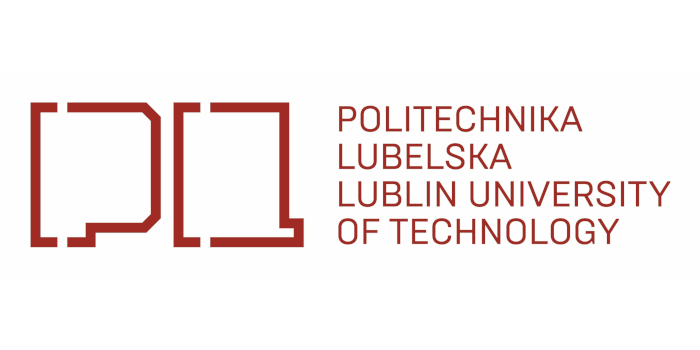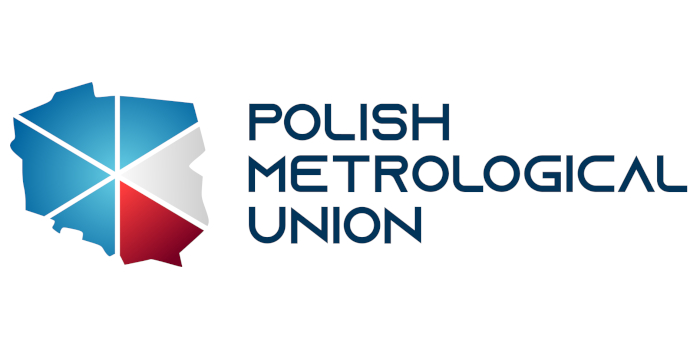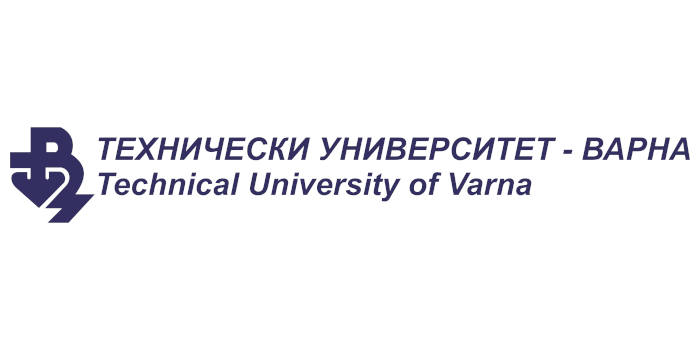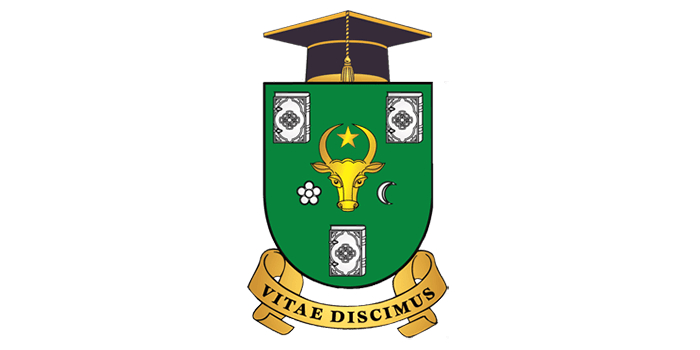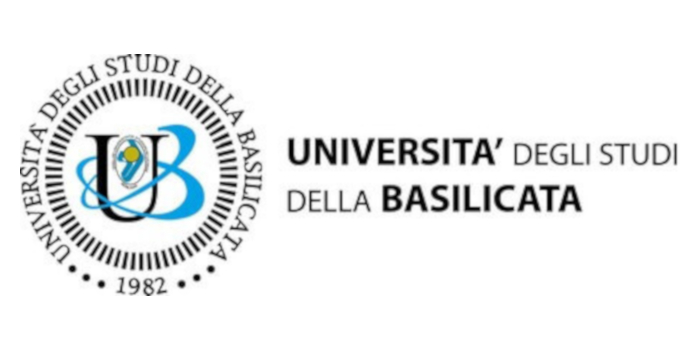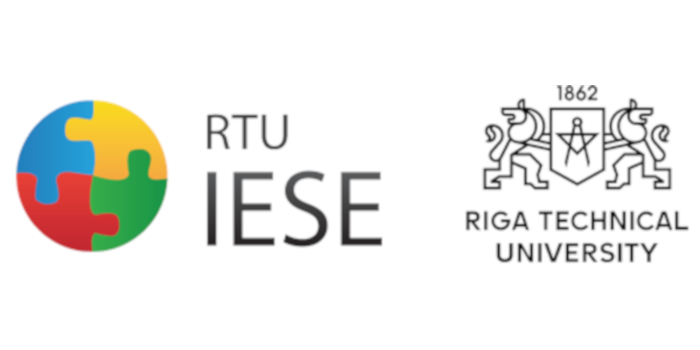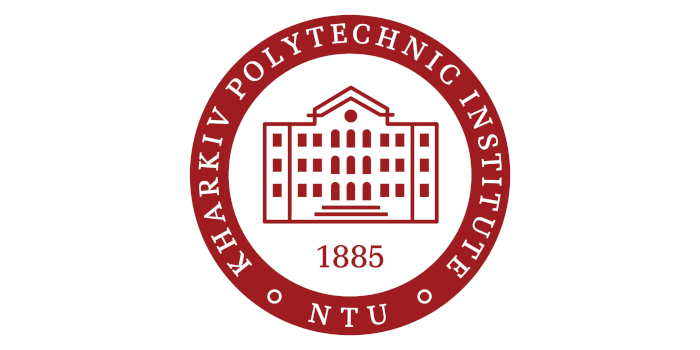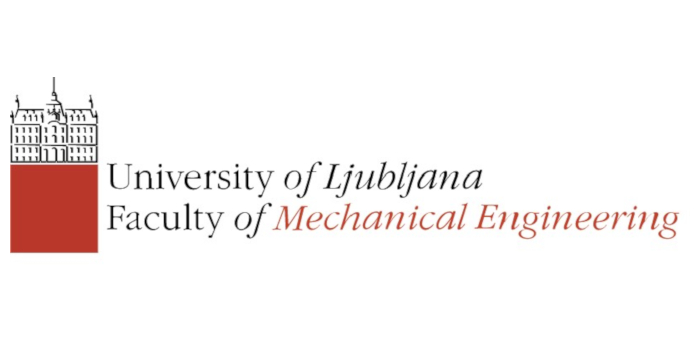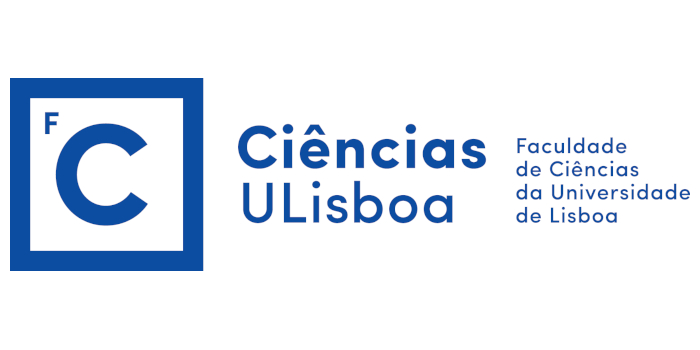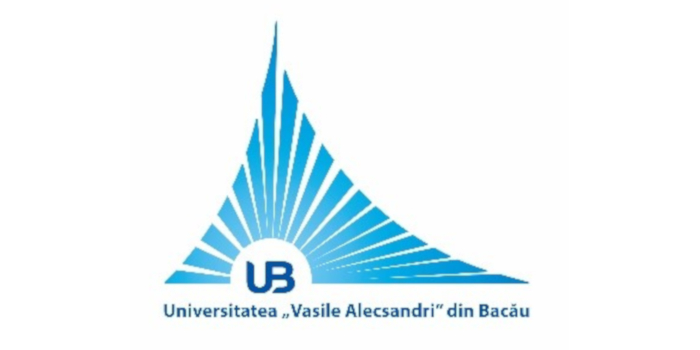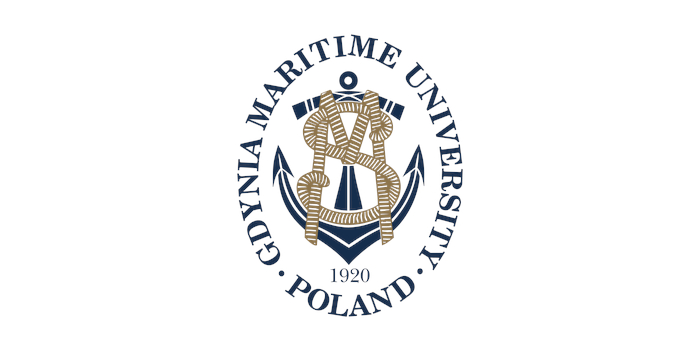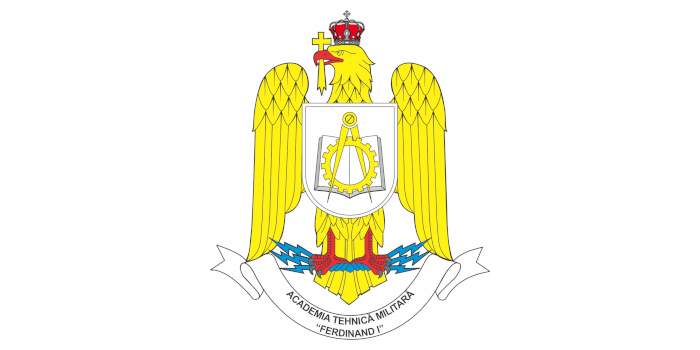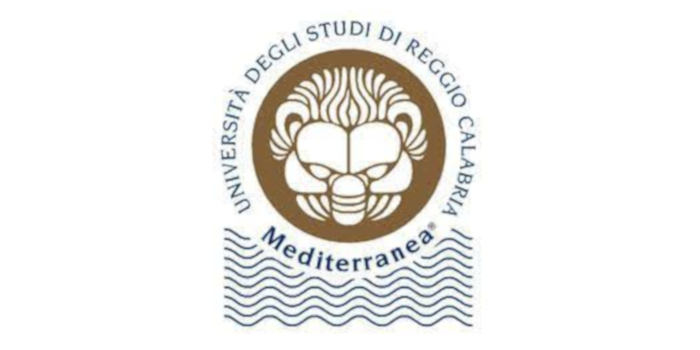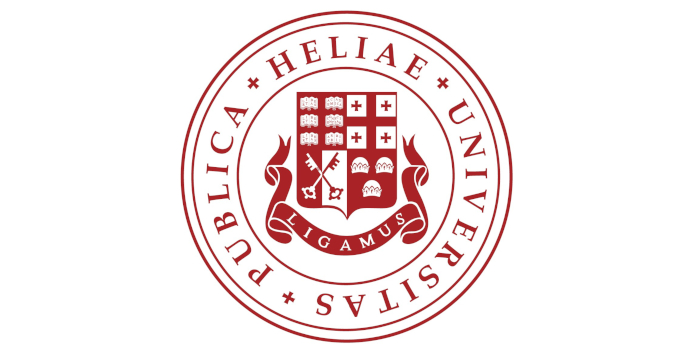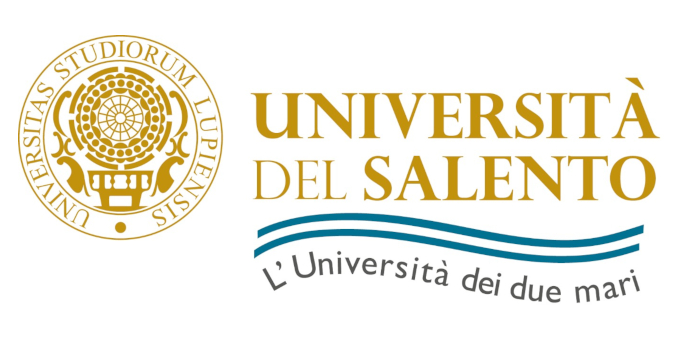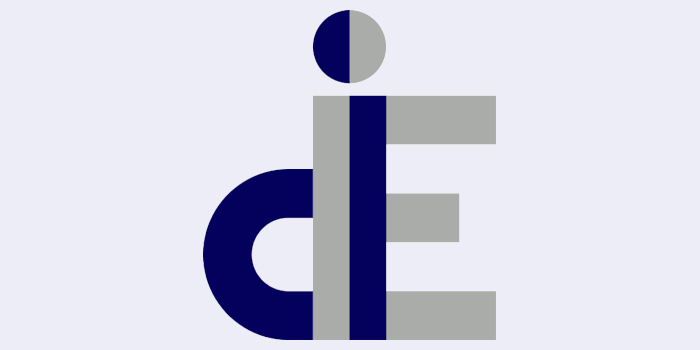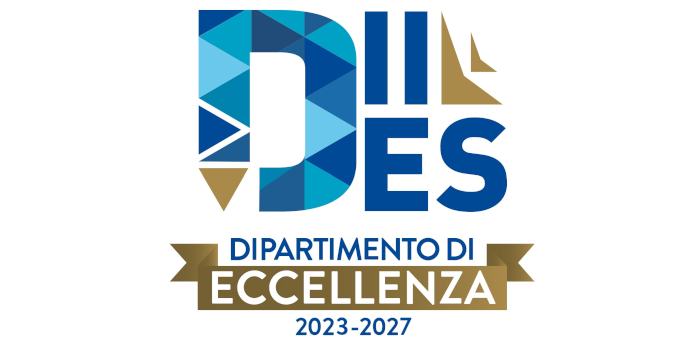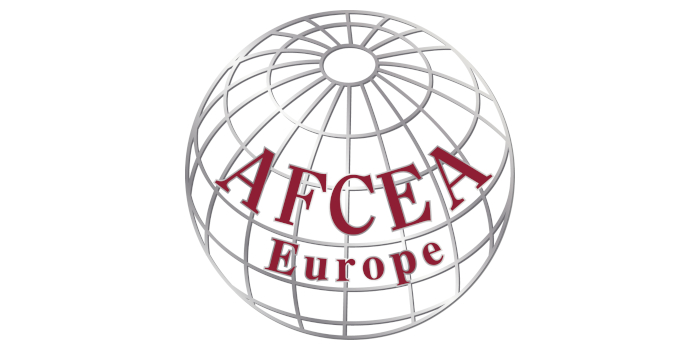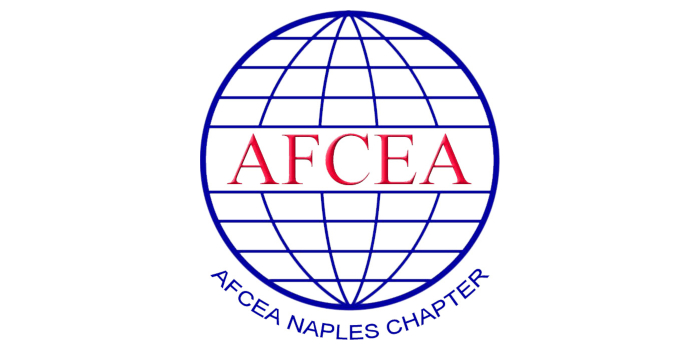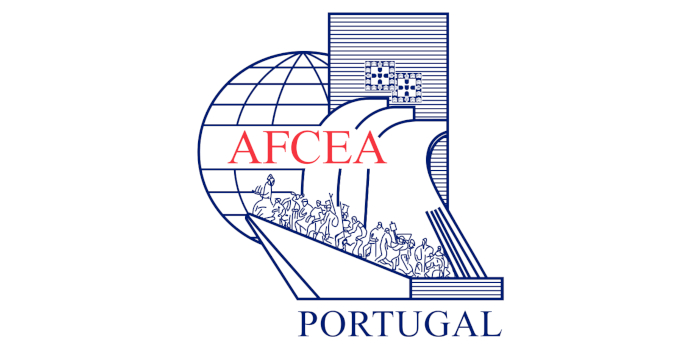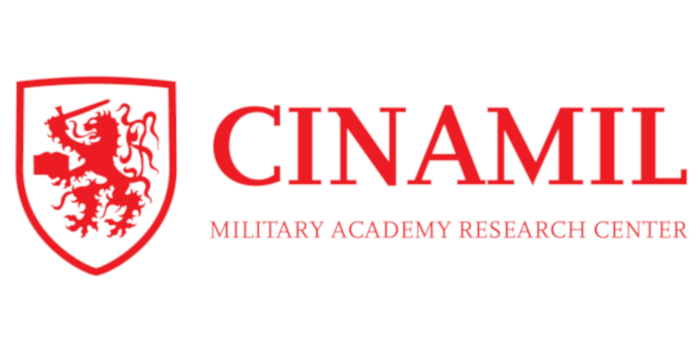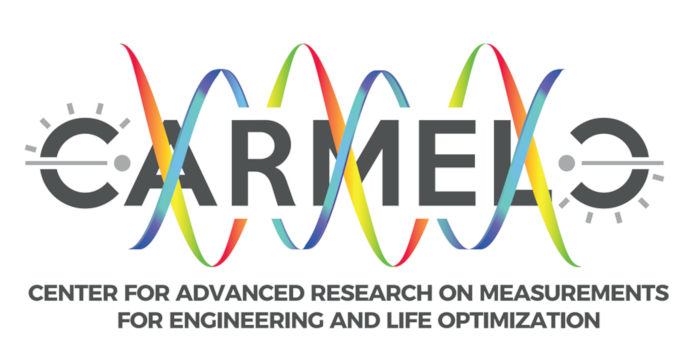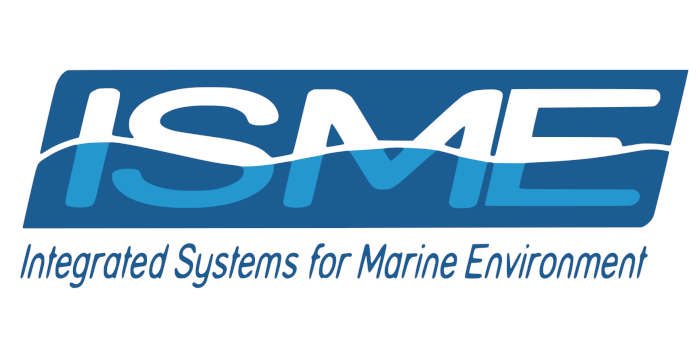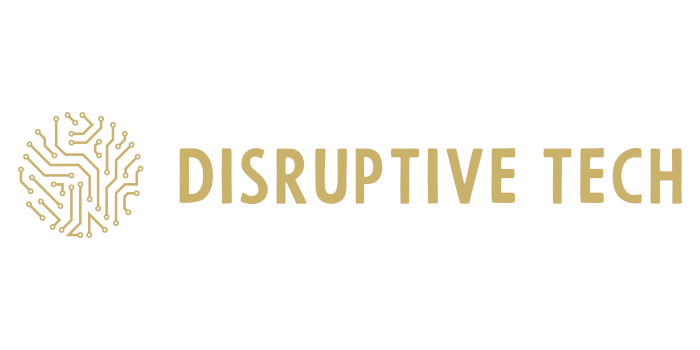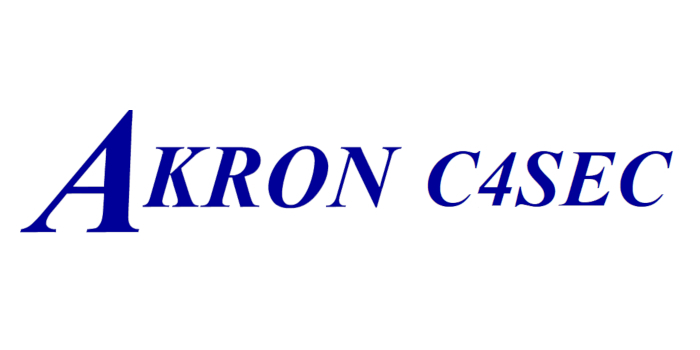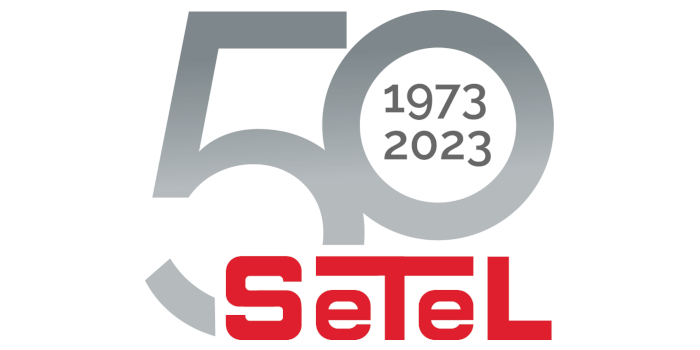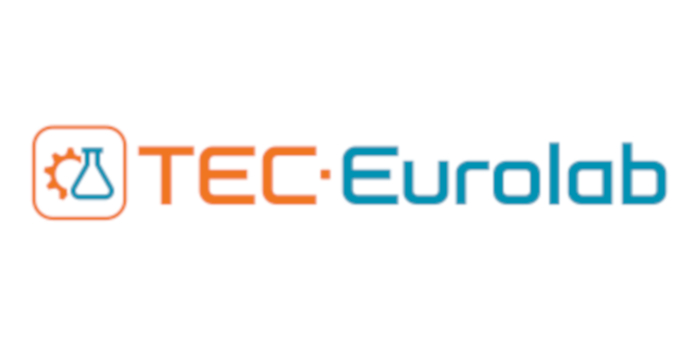SPECIAL SESSION #9
Battlefield Operational Technology and Secure Internet of Battlefield Things
ORGANIZED BY
Antonio Mario Caruso
University of Salento, Italy
Stefano Bistarelli
University of Perugia, Italy
ABSTRACT
Over the past 15 years, we have witnessed the development and transition of different advnced network technologies: ad-hoc wireless networks (mesh networking), distributed environmental sensor networks, and now the more widespread Internet of Things (IoT), that encompass internet of Drones and the general idea that everyday objects such as cars, watches, food packaging, domestic appliances and many other products can be inter-connected. Civil applications and commercial producers are the main drivers of this IoT technological revolution. A recent article of EDM (from the European Defence Agency) explain the important role played by 'Defence Internet of Things', expecially in urban-combat scenarios, with a growind trend to support pure defence innovation projects and not only dual-use projects.
Military intelligence and command and control systems use the myriad of sensors that can be deployed in all the domains, allowing them to acquire full situational awareness and control over diverse conflict zones or battle areas. The trend is towards an increase in urban scenarios where millions of sensors could provide military commanders with increased situational awareness and combat intelligence to carry out more effective operations on the ground.
TOPICS
The topic of the session will include, but wil not be limited to the following:
- Security of IoT devices in conflict scenarios;
- IoT for 24/7 surveillance of urban conflict zones;
- Autonomous IoT with autonomous power (energy harvesting capability);
- Sensor Networks for ISTAR (Intelligence, Surveillance, and Target Acquisition);
- Application of ML and AI methods related to IoT platforms;
- IoT for Smart Military Logistics;
- Blockchain Security;
- Self Sovereign Identity.
ABOUT THE ORGANIZERS
Antonio Caruso received the M.S. degree (cum laude) and Ph.D. degree from the University of Pisa, in Computer Science. In 2005 joined the Mathematical and Physics Department 'Ennio De Giorgi' at the University of Salento, Lecce, Italy as an Assistant Professor. He worked previously as a researcher in UCLA (University of Los Angeles) in the laboratory headed by prof. Mario Gerla. In 2003 he was a post-doc at the Institute of Computer Science and Telematics (IIT) and at the Institute of Science and Technology (ISTI) “A. Faedo” at the CNR (Italian National Research Council) in Pisa. Prof. Caruso was a recipient of the Innovation Award from Italian–Canada in 2017, for a joint project with the University of Ottawa awarded by the first minister Justin Trudeau. He has been a visiting researcher at the University of Lausanne (EPFL), at the University of Minas-Gerais in Belo-Horizonte and the University of Curitiba in Brazil. He has been a member of several PC of conferences and workshops in the field of Networking, Sensor Networks, Internet of Things. He is currently the site leader, for the University of Salento, of the TEBAKA project (Industrial PON-MISE) coordinating a group of 4 people on Remote Sensing and IoT Sensing for Smart Agriculture.
Stefano Bistarelli is full Professor of Computer Science at the Department of Mathematics and Informatics at the University of Perugia (Italy) since November 2008. Previously he was Associate Professor at the Department of Sciences at the University “G. d’Annunzio” in Chieti-Pescara since September 2005 and assistant professor in the same department since September 2002. He is also research associate of the Institute of Computer Science and Telematics (IIT) at the CNR (Italian National Research Council) in Pisa since 2002. He obtained his Ph.D. in Computer Science in 2001 that was awarded as the best Theoretical Computer Science and Artificial Intelligence Thesis (awarded respectively by the Italian Chapter of the European Association of Theoretical Computer Science (EATCS) and by the Italian Association for Artificial Intelligence (AI*IA)). In the same year he was also nominated by the IIT-CNR for the Cor Baayen European award and selected as the candidate for Italy for the award. He was PostDocs at University of Padua and at the IIT-CNR in Pisa and visiting researcher at the Chinese University of Hong Kong and at the UCC in Cork. Some collaborations, invited talks or visits involved also others research centres (INRIA, Paris; IC-Park, London; Department of Information Systems and Languages, Barcelona; ILLC, Amsterdam; Computer Science Institute LMU, Monaco; EPFL, Losanna; S.R.I, San Francisco). He has organized and served in the PC of several workshops in the constraints and security fields; he was also chair of the Constraint track at FLAIR and currently of the same track at the SAC ACM symposium. His research interests are related to (soft) constraint programming and solving. He also works on Computer Security and recently on QoS. On these topics he has published more then 100 articles, a book and edited a special issue of a journal on soft constraints. He is also in the editorial board of the electronic version of the Open AI Journal (Bentham Open).
